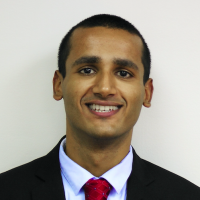Immigration Developments
As the influx of migrants making the strenuous trip to Europe continues, it is becoming obvious that if Europe as whole does not agree on a unified solution, it will soon get out of hand. However, many EU countries have rejected the compulsory quota proposed by the EU executive committee. The plan includes the German suggestion to put pressure on EU states by reducing structural funding. Germany, Austria, and Sweden will not be able to solve this problem on their own without being overwhelmed, as evidenced by the Germany’s recently-added border restrictions. As in many countries, there are groups in the German public who oppose, and those who support, the refugees coming to their country. Indeed, the crisis is evident throughout German society, and is perplexing to both public and corporate leaders: Dr. Dieter Zetsche, Chairman of the Board of Management of Daimler AG and recipient of AGI’s 2015 Global Leadership Award, interrupted his speech at this year’s Frankfurt Auto Show to show serious concern for the displaced Syrian refugees.
The European migration crisis is also affecting the United States both directly and indirectly. Recently, President Obama decided that the U.S. will resettle up to 10,000 Syrian refugees. While this has been criticized by some, it has gained the support of GOP presidential candidate John Kasich. Immigration was a topic in last week’s second GOP debate, and has proven to be divisive: individuals like Donald Trump continue to reiterate slogans to resonate with groups of the American public about the U.S. being the “dumping ground” for Latin Americans—a statement that has been criticized by Vice President Joe Biden for selling a “sick message” based on xenophobia. Indeed, statistically, it is the case that the number of U.S. Latinos born in Latin America has actually decreased in the last decade and a half.
Written and compiled by AGI Research Intern Ruturaj Kulkarni.









